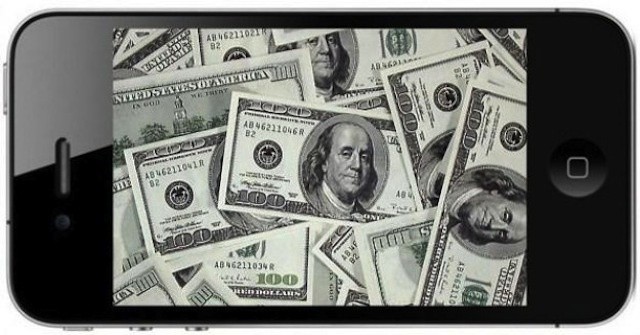Are mobile payments safe? That was a question that the House Financial Services Subcommittee on Financial Institutions and Consumer Credit posed to various finance officials earlier today. The subcommittee didn’t get a particularly clear answer.
According to written testimony provided by Stephanie Martin, associate general counsel for the Federal Reserve Board of Governors, defining what protections apply to mobile payment systems is complicated by the fact that many businesses involved in the transfer of money through mobile devices aren’t banks. Companies involved in mobile payment systems that don’t meet the established definition of providing banking services aren’t subject to certain scrutiny, regulation, or consumer protection laws.
Many of our payments laws were initially drafted long before mobile payments (or the devices that facilitate them) were even envisioned. Therefore, those laws may not be well-tailored to address the full range of mobile payment services in the marketplace.
That means that users of mobile payment systems may not be legally protected against malicious practices, fraud, or even innocent technical glitches. Similarly, personal and transaction information may not fall under established privacy and data security laws.
Even when it’s clear that one or more companies involved in transactions isn’t a bank, the legal impact can be blurry according Martin.
The applicability of existing laws to nonbanks that are providing mobile payment services often depends on the nonbank’s role in the transaction.
Making things even less clear in terms of consumer protection is that regulators from varying government agencies may not interpret laws relating to mobile payment systems in a consistent fashion.
Martin’s statement certainly raises concerns and more questions than it answers, but that doesn’t mean consumers are completely unprotected. Jame Fries, director of the Treasury Department’s Financial Crimes Enforcement Network noted in his testimony that laws initially designed to prevent money laundering and the channeling of funds to terrorist groups do offer protection to mobile payment operations.
In the area of new payment methods, the Administration has made appropriate oversight of prepaid access products a priority.
Of course, many mobile payment systems voluntarily include protections as part of their terms of service. Even when a specific vendor or payment processor doesn’t, the fact that most mobile payment systems are linked to credit card accounts means that there is usually some protection in place because of the card member agreements associated with those accounts.
Ultimately, however, this raises the fact that mobile payments systems are still relatively new services. In many ways the mobile payment market and the solutions themselves still haven’t full matured technically – and, it seems, legally. Until laws and regulations catch up to the technology, it’s up to individual users making mobile payments to be aware of what policies and protections are in place to protect them in case there is a problem.
Source: NextGov


